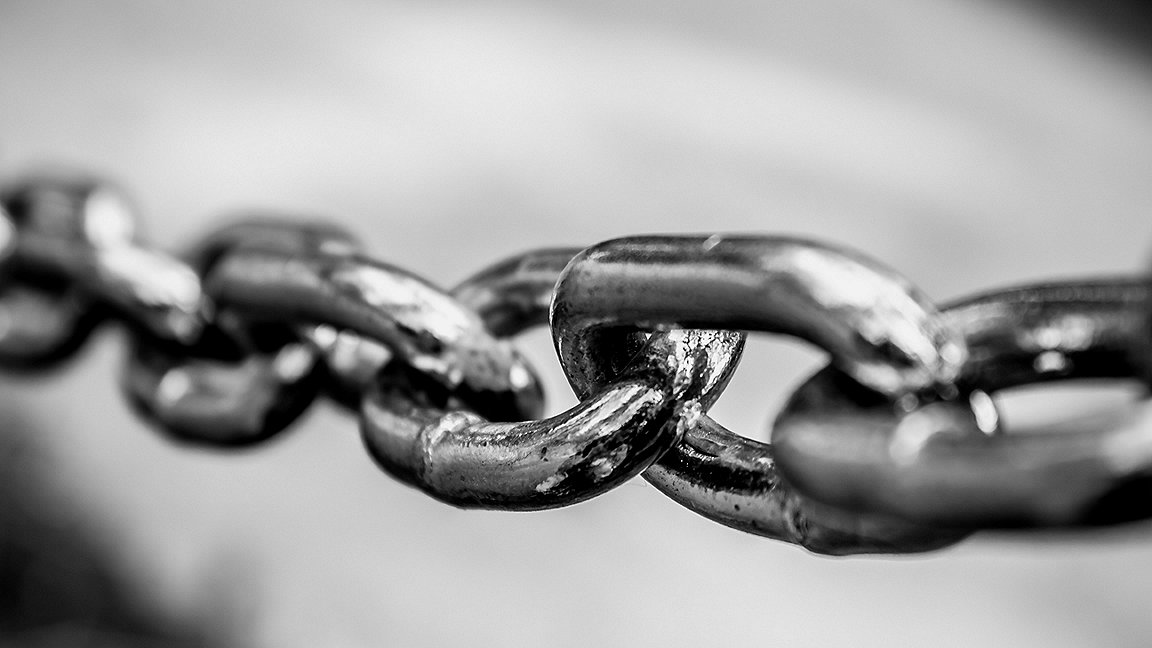
Dealer A has a very valuable painting and entrusts it to a colleague in the trade – dealer B – knowing that she may be able to sell it.
Dealer B thinks, 'I know just the man who will be able to sell this without much problem.' She picks up the phone to her old colleague dealer C, who in turn does the same thing with dealer D.
Dealer D finds a buyer within a short space of time, one of his long-standing and very wealthy clients.
The sale is swiftly prepared, and all looks good for dealers A, B, C and D, each of whom is entitled to their due proportion of the proceeds.
Due diligence
Dealer D begins his customer due diligence (CDD) in accordance with the fifth Anti-Money Laundering Directive. He knows all the necessary details for his important client from their long-standing relationship.
Dealer C takes professional advice on what he should do to comply with his obligations under the directive. He is advised that he must do his proper checks on the intended 'ultimate beneficial owner' of the painting, and duly contacts dealer D about this.
Dealer D then gets rather tetchy, and advises dealer C that he – dealer D – has done all the necessary checks, no problem. Dealer C can just rely on what dealer D has done and not ruffle the feathers of his very valuable client.
Like dealer C, dealers A and B are advised about what they must do, and they contact dealer D – with the consequence that dealer D gets rather irritated.
RICS resources
RICS professional statement Countering bribery and corruption, money laundering and terrorist financing

More than assurances
Such situations have apparently been causing some friction among those subject to the directive, with undoubted tension between the need to get business done and the requirement to do due diligence on the ultimate beneficial owner, making proper enquiries where necessary on the source of funds. What is the position?
The Guidance on anti-money laundering for UK art market participants is a complex official document that runs to 109 pages.
However, put simply, an art market participant cannot simply ignore it and rely without more on the assurances of the next dealer down the line. Quotations from a few relevant parts of the guidance make this clear.
For instance, paragraph 45 details the obligation to carry out CDD measures that 'should enable [participants] to form a reasonable belief that they know the true identity of each customer and, where relevant, their beneficial owner'. Furthermore, the regulations require a participant both 'to identify the customer [and] verify the identity'.
Paragraph 51 goes on to say that, 'where a customer is acting as an agent, the [participant] conducting the transaction has an obligation … to carry out CDD on the agent and also on the 'ultimate customer', because that participant must know '… who is ultimately paying for the work of art', and 'must also verify that the agent is authorised to act on behalf of the customer'.
However, the guidance stresses that the reliant participant who is conducting the sale 'retains responsibility, and is liable for any failure to comply with the CDD obligations set out under the … regulations, as this responsibility cannot be delegated'. The reliant participant 'should therefore assess whether it has confidence that the intermediary or agent will have carried out CDD measures appropriately, and should obtain written assurances to this effect'.
In summary, then, it is fine to rely on the next dealer down the line – provided that this dealer is subject to the same stringent regulations as you now are.
However, if the dealer on whom you are relying fails to follow the due diligence process properly, and it turns out that you and they have received laundered drug money, you will both be exposed to criminal prosecution. So it is not quite as easy as some have supposed to rely on the next dealer down the line.
Milton Silverman is partner, Streathers LLP
Contact Milton: Email
Related competencies include: Ethics, Rules of Conduct and professionalism, Personal property
This article was previously published in Antiques Trade Gazette in August 2021
'It is fine to rely on the next dealer down the line – provided that this dealer is subject to the same stringent regulations as you now are'
